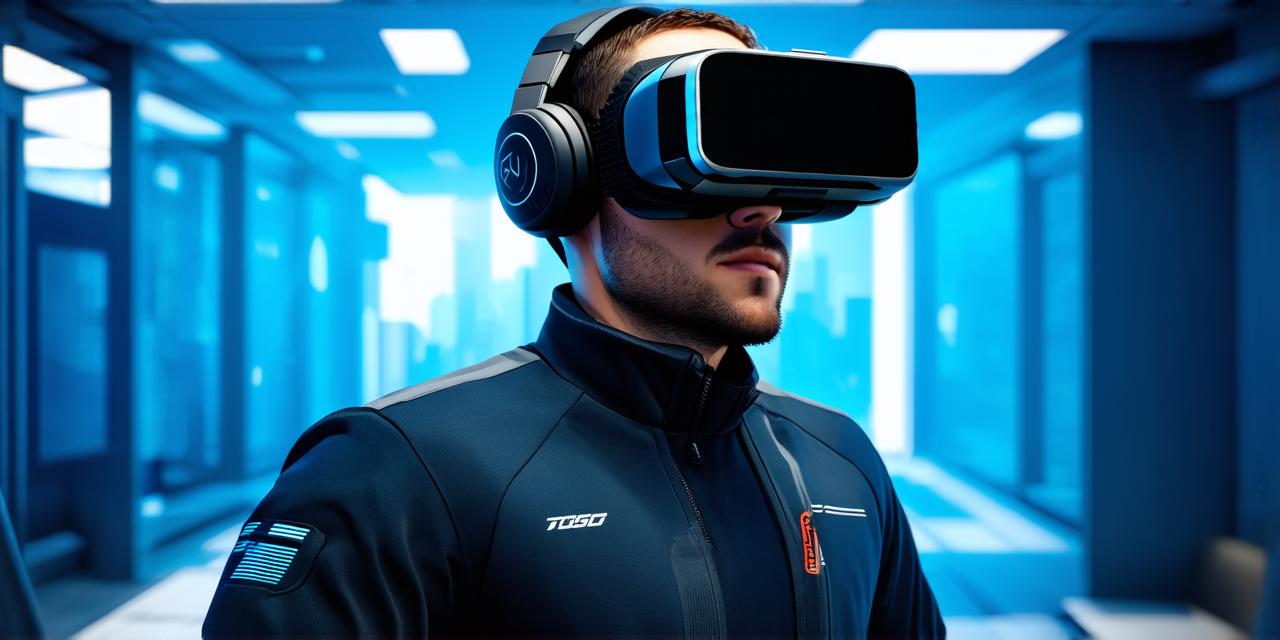
Why did Americans reject virtual representation?
In recent years, virtual representation has become increasingly popular in many industries. From video conferencing to remote work, virtual representation has revolutionized the way we communicate and interact with one another.
Table of Contents
ToggleThe Rise of Virtual Representation
Virtual representation has had a significant impact on our daily lives. It has made it possible to communicate with others from anywhere in the world, and has revolutionized the way we work and live. From video conferencing tools like Zoom and Skype to virtual reality platforms like Oculus and HTC Vive, virtual representation has opened up new possibilities for communication and collaboration.
The Benefits of Virtual Representation

There are many benefits to using virtual representation. For one, it allows people to communicate with others from anywhere in the world, making remote work and global collaboration easier than ever before. It also saves time and money by eliminating the need for travel, allowing people to attend meetings and events without having to leave their homes.
The Rejection of Virtual Representation
Despite these benefits, virtual representation has faced some rejection from Americans. Some of the reasons behind this rejection include concerns about privacy and security, as well as a lack of face-to-face interaction.
Privacy and Security Concerns
One major concern with virtual representation is privacy and security. With virtual tools like video conferencing, people are sharing their personal information with others online, which can be vulnerable to hacking or other forms of cybercrime. Additionally, some people are concerned about the potential for government surveillance or monitoring of online communications.
Lack of Face-to-Face Interaction
Another reason behind the rejection of virtual representation is a lack of face-to-face interaction. Despite the convenience of video conferencing and other virtual tools, many people prefer to communicate with others in person. This can be particularly important for building relationships or collaborating on projects that require a high level of trust and understanding.
The Future of Virtual Representation
Despite these concerns, virtual representation is likely to continue to play an increasingly important role in our lives. As technology continues to evolve, we are likely to see new and innovative ways of using virtual tools for communication and collaboration. However, it will be important for individuals and organizations to carefully consider the potential risks and benefits of virtual representation, and to take steps to protect their privacy and security online.
Conclusion
In conclusion, the rejection of virtual representation by Americans is a complex issue that has many underlying factors. While virtual representation has brought many benefits to our daily lives, it has also raised concerns about privacy, security, and face-to-face interaction. As we move forward, it will be important for individuals and organizations to carefully consider these factors and make informed decisions about how they use virtual tools in their personal and professional lives.

